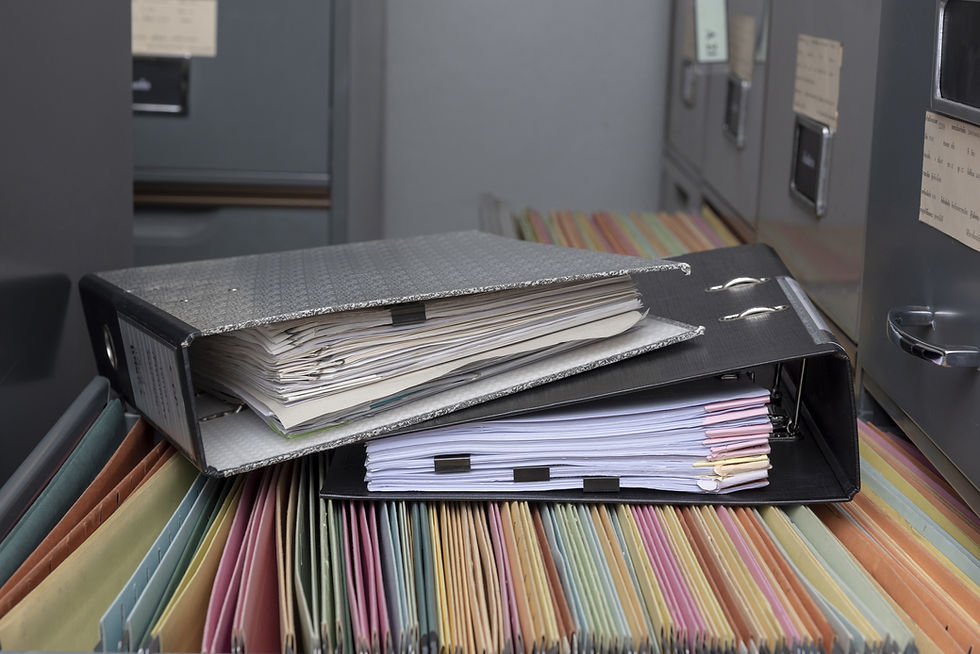The Hidden Gems in User-Contributed Notes on Genealogy Websites
- Kim Richardson

- Jan 4, 2024
- 3 min read
Updated: Oct 10, 2024
Ever felt that gnawing fear of missing a crucial detail in your ancestor's story? Read on to learn about something that could be the game-changer in your genealogical journey – those often-overlooked user-contributed notes on genealogy websites. There's a treasure trove of information waiting for you in those. Think of them as a helpful sticky note left for you by a teammate researcher!






Comentários